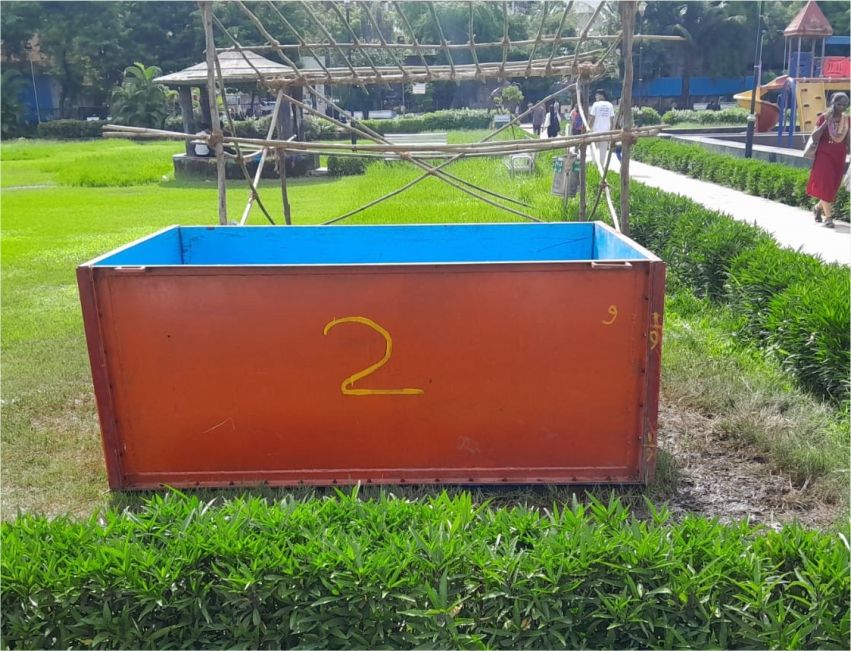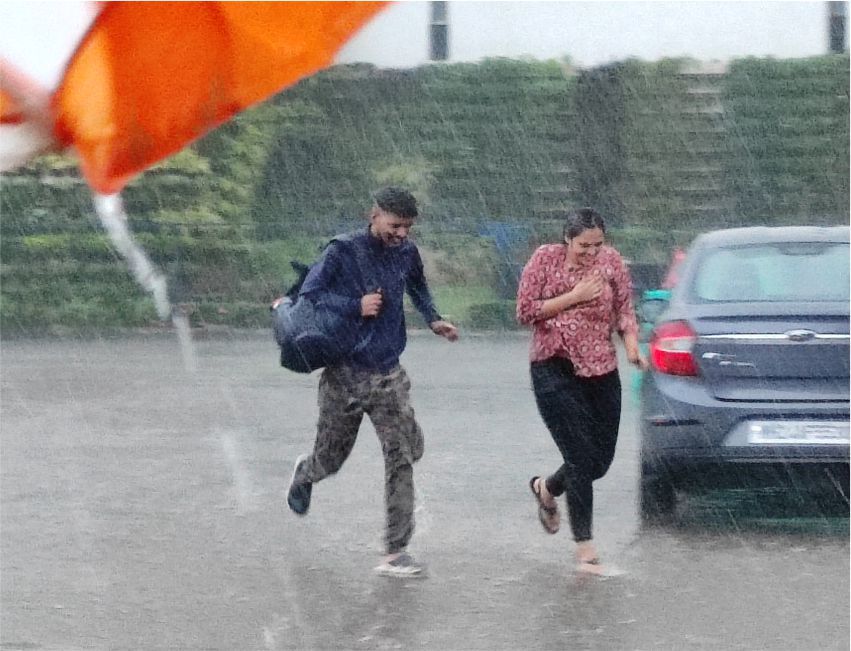Scientists aim to farm seafood on lunar soil

- Newsband
- 13 May, 2025
A groundbreaking project, Lunar Hatch, is exploring the possibility of farming seafood on the Moon. With long-term lunar bases on the horizon, the project aims to provide astronauts with a sustainable, nutrient-rich food source by cultivating sea bass, chosen for their high protein, omega-3 content, and ease of digestion.
The innovative concept involves fertilising fish eggs on earth and sending them into space, timed to hatch either mid-flight or on the Moon.
Waste from the fish would support a miniature ecosystem of algae, shrimp, and worms, creating a self-sustaining food loop.
If successful, Lunar Hatch could support a seven-member lunar crew with two seafood meals a week, requiring around 200 fish for a 16-week mission. While fish have been sent to space for scientific studies before, this marks the first attempt to raise fish for consumption off-Earth.
The project has already passed rigorous tests simulating the stresses of space travel, including rocket vibrations, weightlessness, and radiation exposure. Fertilised eggs remained viable throughout, providing encouraging results for the feasibility of space aquaculture.
First pitched to the European Space Agency (ESA) in 2016, Lunar Hatch led by marine biologist Dr Cyrille Przybyla at France’s Ifremer, secured funding from the French space agency CNES in 2018. It is now one of 100 projects shortlisted for ESA’s future Moon missions, with potential plans for deployment aboard Argonaut landers by 2034.
Beyond lunar aspirations, Lunar Hatch also holds promise for Earth’s future, offering solutions for isolated or disaster-hit regions where self-sufficient, closed-loop food systems could be vital for survival.
For now, sea bass swim off the southern coast of France, oblivious to the pioneering role their offspring may one day play on the Moon.
As space exploration advances, projects like Lunar Hatch could play a crucial role in sustaining human life beyond Earth.




